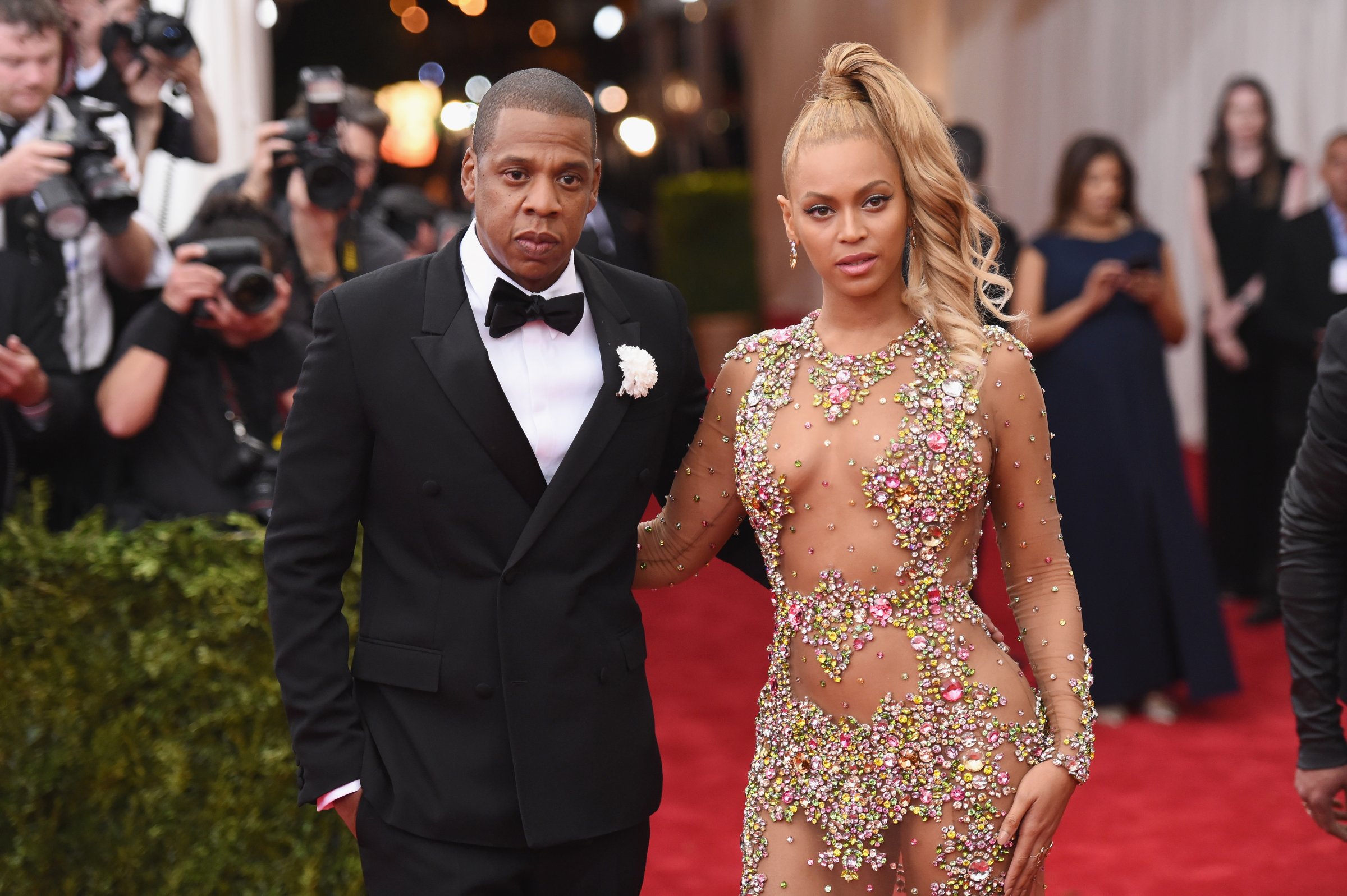
Lemonade’s heavy focus on the heartbreak of infidelity has the world speculating about the state of Beyoncé and Jay Z’s marriage, particularly since “Sorry,” the album’s fourth track, ends with the suggestive line, “He better call Becky with the good hair.” Many reactions attacked the supposed “side piece” in this relationship, but what about the man who cheated?
As a psychologist specializing in relationships, I spend a lot of time talking to cheating men and women. I also listen to the husbands, wives and lovers who’ve been cheated on.
Part of the social-media reaction we’re seeing is projection. Many people have experienced cheating, and betrayal is a trauma. It begins with an insidious suspicion, eating away at our sense of security in the relationship. Discovering the truth is incredibly disorienting. We begin to question everything we thought was true and whether the relationship meant anything, if there was any love at all.
Then comes the worst part: The self-doubt. The worry that we weren’t good enough and that someone else was better. This can lead to obsessive comparisons, dissecting every detail of the “other woman.” It can lead to hyper-vigilance around other women in general, our eyes scanning a room for beautiful women before our partner even notices them. Maybe we stalk her on social media looking for clues to the question, “Why her?”
Read more: A Psychotherapist On What Lemonade Says About Life After Infidelity
Of course, this is all a distraction from the underlying feelings of shame. It’s easier to turn to rage and a desire to attack another person than it is to deal with shame. Our minds create this monolithic idea of her as a terrible person. As for the man who cheated, the betrayed woman likely still loves him. Perhaps she is afraid to leave. It’s hard to sit with that.
Also, if the public narrative is to put the burden of blame on men, that would make us feel hopeless and sad about men. But if we can villainize one woman, we still have reason to hope—and it provides a collective discharge of angst about our fears of betrayal. Women have historically been a target for social anxieties, by the way—think witch burning, stoning, etc.
To be clear, the person who breaks a vow or a promise is the guilty party. Anger is justified. However, for healing to take place, it’s important to move past villainizing the cheater. To make sense of the infidelity, we must explore the complexity of how and why cheating happens in relationships: The whole context, the psychology and the sociology of it. Understanding is an important part of the process of healing.
Read more: Pretty Much Everyone is Obsessed With Beyoncé’s Lemonade
Couples do forgive, grow and even feel stronger in some cases after a cheating incident. For healing to take place, the focus should not be on the other woman. To get through waves of self-doubt and anger similar to those so artfully rendered by Beyoncé’s Lemonade, the focus should be first on affirming your own worth and lovability.
Brandy Engler is a Los Angeles-based psychologist and author of The Women on my Couch.
More Must-Reads From TIME
- The 100 Most Influential People of 2024
- The Revolution of Yulia Navalnaya
- 6 Compliments That Land Every Time
- What's the Deal With the Bitcoin Halving?
- If You're Dating Right Now , You're Brave: Column
- The AI That Could Heal a Divided Internet
- Fallout Is a Brilliant Model for the Future of Video Game Adaptations
- Want Weekly Recs on What to Watch, Read, and More? Sign Up for Worth Your Time
Contact us at letters@time.com